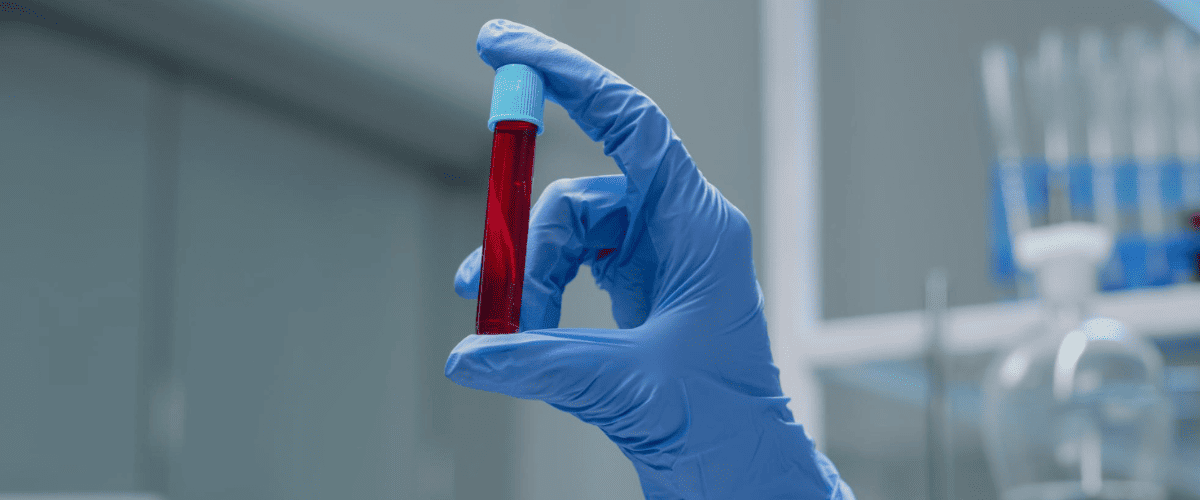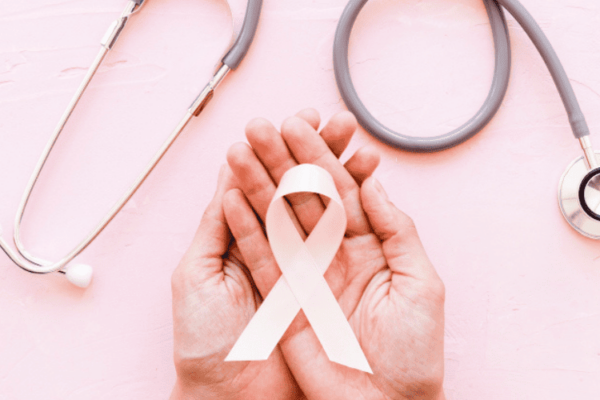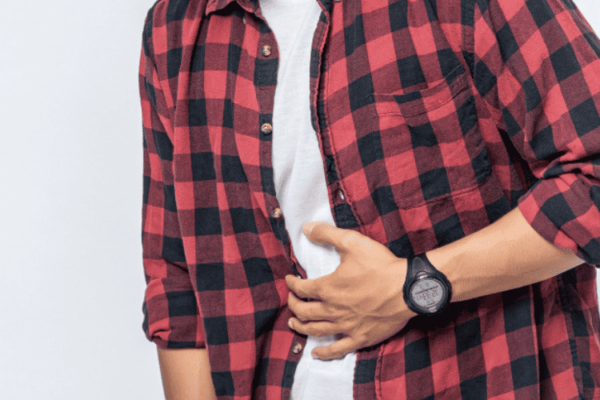
23 Dec Sexually Transmitted Disease in Malaysia: What’s My Next Step?
Sexually Transmitted Disease in Malaysia: What’s My Next Step?
By Island Hospital | December 23, 2024 12:00:00 PM
Malaysia is facing an alarming rise in sexually transmitted diseases (STDs). In 2022 alone, the nation reported 4,669 syphilis cases and 1,211 AIDS cases.
Even more concerning is the dramatic 231% increase in syphilis cases between 2018 and 2022, with young adults aged 20-29 being particularly affected.
These rising numbers underscore a critical public health challenge: the need for greater STD awareness, promotion of safe sex practices, and elimination of treatment stigma.
In this article, we’ll provide you with essential information about STDs, from prevention to treatment options.
What are STDs?
Sexually transmitted diseases (STDs) refer to infections transmitted primarily through sexual contact, including vaginal, oral, and anal sex.
They are caused by bacteria, viruses, or parasites that spread from person to person.
STDs can also be transmitted through non-sexual means, such as shared needles or childbirth
STI vs STDs
- Sexually Transmitted Infection (STI): Refers to the initial presence of a virus, bacteria, or parasite in the body, often before symptoms develop.
- Sexually Transmitted Disease (STD): Occurs when an infection progresses to the point where symptoms appear.
STIs are more encompassing, as infections may exist without symptoms. “STI” is increasingly used to reduce stigma, emphasising that an infection is present but may not always cause symptoms or disease.
STDs in Malaysia
In Malaysia STDs are an ongoing public health concern.
Increased awareness and better healthcare access have led to more diagnoses, yet more STDs remain underreported due to stigma and privacy concerns.
Common STDs include gonorrhoea, syphilis, chlamydia, and HIV/AIDS, with government efforts focusing on education, testing, and treatment accessibility.
Symptoms of STDs
The symptoms of STDs can vary widely depending on the infection:
- General Symptoms: Pain during urination, genital sores, unusual discharge, and itching.
- HIV / AIDS: Weak immune system, weight loss, fever, fatigue.
- Syphilis: Rashes, sores, fever, swollen lymph nodes.
- Gonorrhoea and Chlamydia: Discharge, burning sensation during urination.
Cause of STDs
STDs are spread primarily through sexual contact, including vaginal, anal, and oral sex. The main causes of STDs are:
- Bacterial infections: Chlamydia, gonorrhoea, syphilis.
- Viral infections: HIV, herpes, HPV, hepatitis B.
- Parasitic infections: Trichomoniasis
Additionally, some STDs, such as hepatitis B and HIV, can be transmitted through blood or from mother to child during childbirth.
Types of STDs and their Treatments
Sexually transmitted diseases (STDs) include various infections, each with unique symptoms and treatment protocols. Below is an overview of common STDs, their causes, symptoms, and treatment approaches:
Chlamydia
- Cause: Caused by the bacterium Chlamydia trachomatis, chlamydia is transmitted through unprotected sexual contact.
- Symptoms: Often asymptomatic, but symptoms can include abnormal genital discharge and pain during urination.
- Treatment: Treated with antibiotics, typically azithromycin or doxycycline. It’s important for both partners to complete the prescribed course to prevent reinfection and complications like pelvic inflammatory disease.
Gonorrhea
- Cause: A bacterial infection caused by Neisseria gonorrhoeae.
- Symptoms: Can cause painful urination, genital discharge, or, in women, spotting between menstrual cycles. In many cases, symptoms are mild or absent.
- Treatment: Dual antibiotic therapy with ceftriaxone and azithromycin to combat antibiotic-resistant strains. Follow-up testing ensures the infection has been cleared.
Syphilis
- Cause: Treponema pallidum, a bacterium, progresses through multiple stages, from initial sores to serious internal damage.
- Symptoms: Primary symptoms are painless sores; secondary symptoms include skin rashes and flu-like signs.
- Treatment: Penicillin injections, especially effective in early stages, require regular blood tests to confirm eradication. Advanced syphilis treatment may require more intensive antibiotic regimens.
HIV/AIDS
- Cause: HIV targets the immune system, progressing to AIDS without treatment.
- Symptoms: Fatigue, fever, swollen lymph nodes, and, in later stages, severe immune deficiency.
- Treatment: Managed with antiretroviral therapy (ART), which, when adhered to consistently, can suppress the virus to undetectable levels. ART is a lifelong treatment that greatly improves quality of life.
Human Papillomavirus (HPV)
- Cause: HPV includes over 100 strains, some of which are high-risk for cancers (e.g., cervical cancer).
- Symptoms: Genital warts, but high-risk strains can lead to cancer without symptoms.
- Treatment: No cure exists, but vaccination and early screenings can prevent complications. The HPV vaccine protects against the most harmful strains and is most effective when given before sexual activity begins.
Herpes Simplex Virus (HSV)
- Cause: HSV-1 and HSV-2 are viruses causing oral and genital herpes.
- Symptoms: Painful blisters or sores in affected areas, which can recur.
- Treatment: Antiviral medications (like acyclovir) reduce outbreak severity and frequency, though they do not eliminate the virus. Regular suppressive therapy helps minimise transmission risks.
Risk Factors and Complications
Understanding risk factors for STDs is critical in prevention, as they can heighten vulnerability to infections and associated health complications.
Risk Factors
- Multiple Sexual Partners: More partners increase the likelihood of exposure to STDs.
- Unprotected Sex: Skipping protection, like condoms, leaves individuals at risk of direct contact with infected fluids or tissues.
- Existing STDs: Having one STD can make a person more susceptible to others, especially those that compromise immunity or cause sores.
- Substance Abuse: Drug or alcohol use can impair judgement and lead to risky sexual behaviour, increasing the chances of contracting an STD.
Complications of Untreated STDs
- Infertility: STDs like chlamydia and gonorrhoea can damage reproductive organs, causing infertility in both men and women.
- Increased HIV Susceptibility: Certain STDs can increase susceptibility to HIV, as infections like herpes weaken mucosal barriers.
- Pregnancy and Birth Issues: Pregnant individuals with untreated STDs risk complications such as preterm birth, low birth weight, and neonatal infections, which can be life-threatening for infants.
- Chronic Health Problems: Some STDs, if untreated, can lead to long-term conditions, such as cancer from HPV, neurological issues from syphilis, or chronic pain from untreated pelvic infections.
Preventive Measures Against STDs
To protect yourself and others from STDs, it’s essential to adopt these preventive practices:
- Practise Safe Sex: Use condoms or dental dams during all sexual activities, including vaginal, anal, and oral sex. Consistent protection reduces direct exposure to bodily fluids and minimises skin contact that can transmit infections.
- Get Tested Regularly: Regular screening allows for early detection of STDs, particularly for those who have multiple partners or engage in high-risk behaviours. Many STDs are asymptomatic, making testing essential.
- Use Protection: Consistent use of condoms and other barrier methods remains one of the most effective ways to prevent most STDs. Using these correctly with every sexual encounter can significantly reduce infection risks.
- Get Vaccinated: The HPV vaccine provides effective protection against the high-risk strains of HPV, and the hepatitis B vaccine can prevent HBV infection. Vaccination is especially important before sexual activity begins.
- Talk to Your Partner: Open, honest communication with your partner about sexual health, testing history, and safe practices builds trust and reduces risk.
Get Informed and Get Tested Today
Your health matters, and you’re not alone. Island Hospital’s sexual health specialists provide confidential, judgement-free care to help you take control of your wellbeing.
Schedule a private consultation today. Early treatment leads to better outcomes – let us support you with the care you deserve.
FAQ
Does HPV vaccination help prevent STDs?
Yes, the HPV vaccine helps prevent certain high-risk strains of HPV, which can cause genital warts and cancers, particularly cervical cancer in women. It doesn’t protect against all STDs but is an important part of preventive health.
What to do after getting diagnosed with an STD?
Seek medical treatment immediately and inform your recent sexual partners to ensure they also get tested and treated if necessary. Follow your healthcare provider’s instructions and avoid sexual activity until cleared by a doctor.
Do STDs go away?
Some bacterial STDs, like chlamydia and gonorrhoea, can be cured with antibiotics. Viral STDs, such as herpes and HIV, cannot be cured but can be managed with treatment to reduce symptoms and transmission risk.
How to check for STD in Malaysia?
Visit a clinic or hospital, such as Island Hospital, for confidential testing. Many healthcare facilities offer routine screening, and some clinics also provide anonymous testing options for greater privacy.
Can kissing transmit STDs?
While most STDs are not transmitted through casual kissing, some, like herpes (HSV-1), can spread through oral contact. Open sores or cuts in the mouth can increase the risk.
Who catches STDs faster?
Risk varies by factors like frequency of unprotected sex, number of partners, and existing infections. Biologically, women are more susceptible to certain STDs due to the nature of genital anatomy, but anyone can be at risk.
Related Doctors
| Derived from | Complications |
|---|






